To kick off the new podcast series, I speak to Subhadra Das (@LittleGaudy), Curator of the Science Collections at UCL. Subhadra is doing some really exciting work re-assessing UCL’s scientific and natural history collections and bringing them to wider public knowledge in new and innovative ways – from not-so-traditional exhibitions and gallery interventions, to stand-up comedy shows.
In this episode, I chat to Subhadra about Disposal?, a project that invited visitors to comment on what UCL museums should collect and hold on to and what they should get rid of. One of the enduring results of this project was a Toolkit that contains tools and exercises to help your museum develop a review framework. The project was also featured in Time Magazine.
We also talk about the importance of thinking outside the museum – literally! Subhadra didn’t have a dedicated display space to tell the story she wanted to share about the pivotal role UCL played in establishing the science of eugenics, so she turned some of the buildings at UCL into an outdoor museum with eye-catching, bright-yellow text panels and a podcast walking tour called Bricks + Mortals (#BricksandMortals).
You can download the full podcast, including directions that take you around the Bloomsbury campus to look at buildings named after famous eugenicists and sites relating to the history of eugenics at UCL. Or, you can listen to individual podcasts from Bricks + Mortals. I include links to the individual podcast episodes, as well as Subhadra’s descriptions, below.
- Introduction – The Science of Eugenics Eugenics – the science of improving human populations by selective breeding – is generally associated with the Nazis, but in fact has its roots in Britain
- Marie Stopes, and how Eugenics was going to make the world a better place (Warren Street to Ramsay Hall, for Marie Stopes House) Stopes is celebrated as a feminist icon and champion for birth control. Her eugenic motivations, however, are less well known
- Francis Galton and the birth of Eugenics (Ramsay Hall to 1-19 Torrington Place In 1883, Galton coined the term ‘eugenics’, the study of human characteristics passed on through the generations with a view to improving the human species
- The Eugenics Records Office at University College (1-19 Torrington Place to 50 Gower Street) Galton’s Anthropometric Laboratory was re-established at the Eugenics Records Office at University College in 1904
- Revising Charles Darwin, and the Galton Laboratory for National Eugenics at UCL (50 Gower Street to the Darwin Building) Charles Darwin and Francis Galton were cousins, and had more in common than is usually assumed, particularly when it comes to their views on eugenics
- Flinders Petrie and the archaeology of ‘race’ (The Darwin Building to the Petrie Museum)
- Alice Lee and Cicely D. Fawcett – The making of a science (The Petrie Museum to the Haldane Room) Alice Lee and Cicely D. Fawcett were two women ‘computers’ at UCL and both played key roles in establishing eugenics as a scientific discipline
- Karl Pearson and Eugenics at UCL (The Haldane Room to the Pearson Building) When telling the story of eugenics at UCL, it is safe to say that Karl Pearson – the statistician and first Professor of Eugenics – brought it here
- Conclusion – What we choose to remember Moving forward from the legacy of eugenics at UCL by looking beyond the bricks and mortar
Subhadra has kindly let us share the first Episode of Bricks + Mortals on The Wonder House and you can listen to it here -
Follow Subhadra @LittleGaudy
Update: Since recording the episode, Subhadra has completed her Headley Fellowship and Jayne Dunn (formerly Head of Collections Management at UCL) has left UCL.
Support The Wonder House
Subscribe, Subscribe, Subscribe!
This episode was Presented/Produced by Sushma Jansari (@TheWonderHouse) and Produced/Edited by Nick Harris (@2ndThoughtTank).
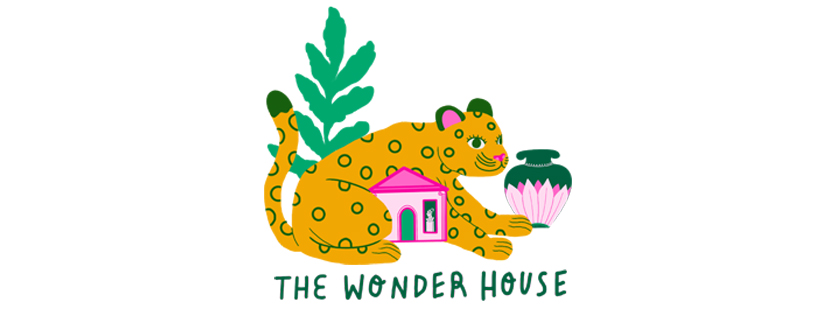
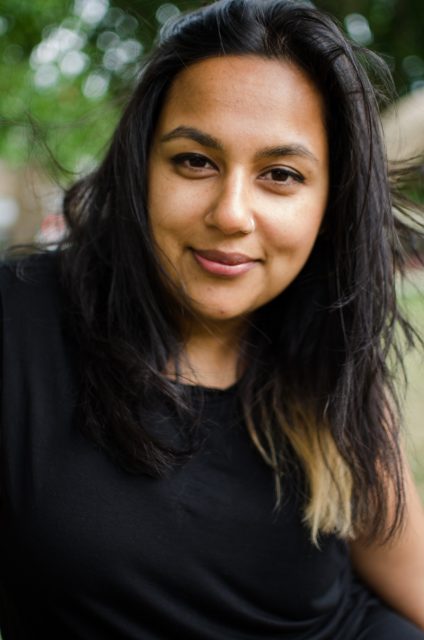
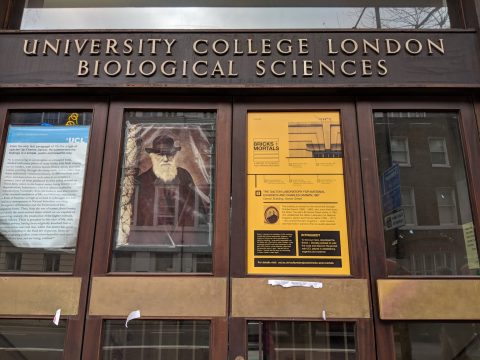
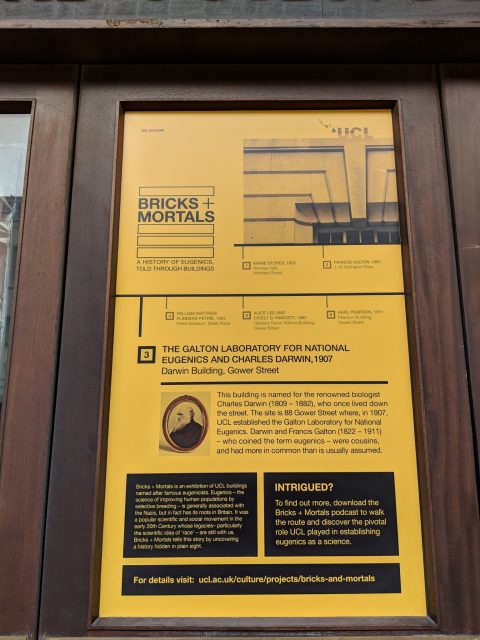
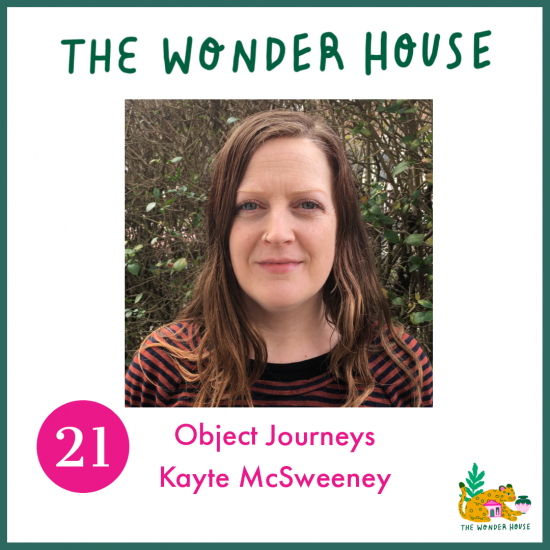
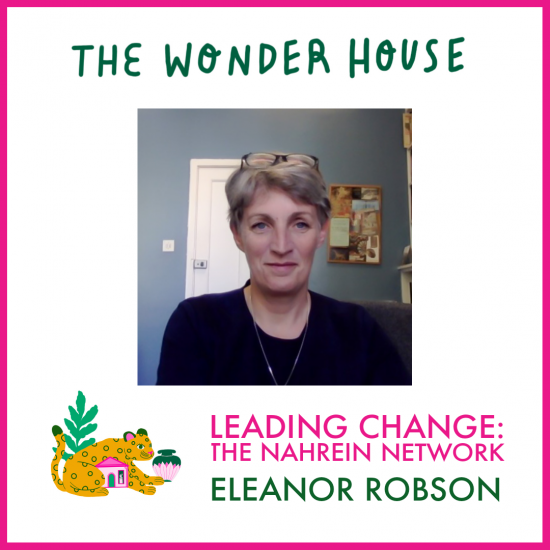
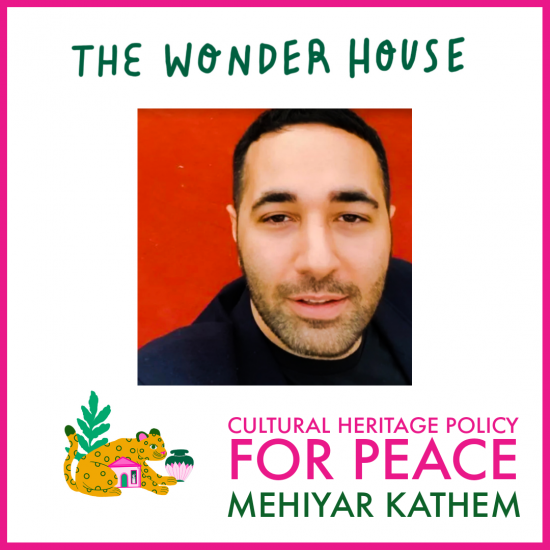
No Comments